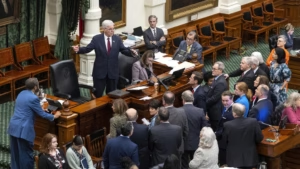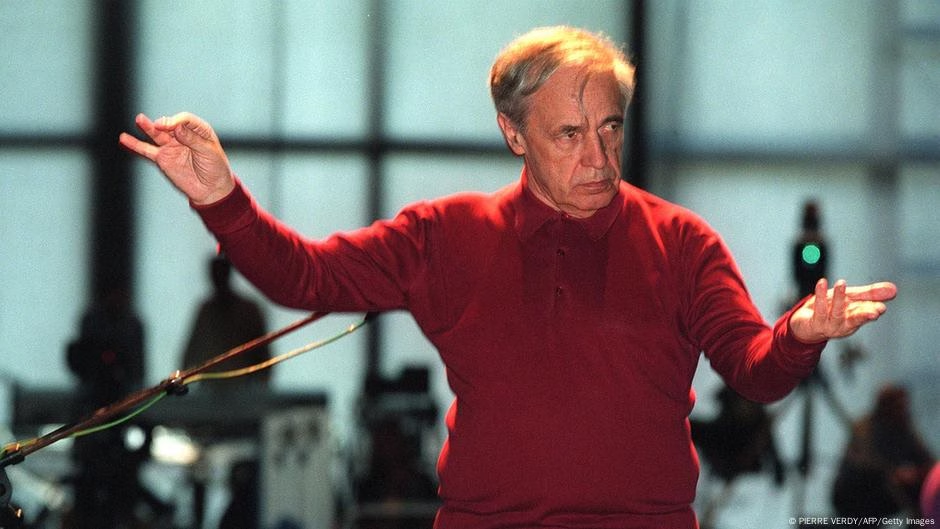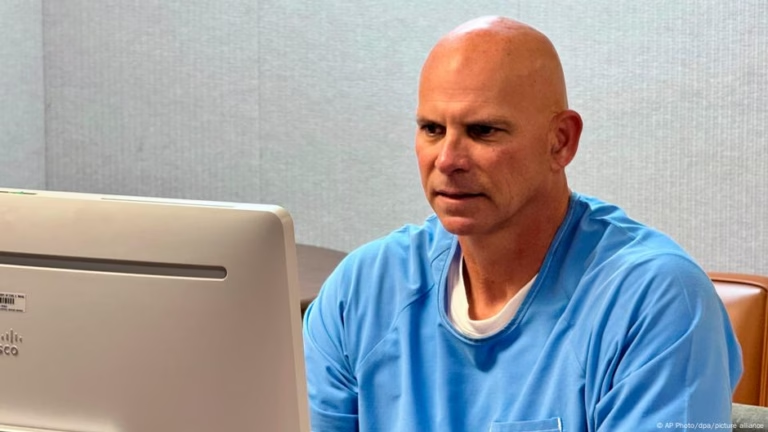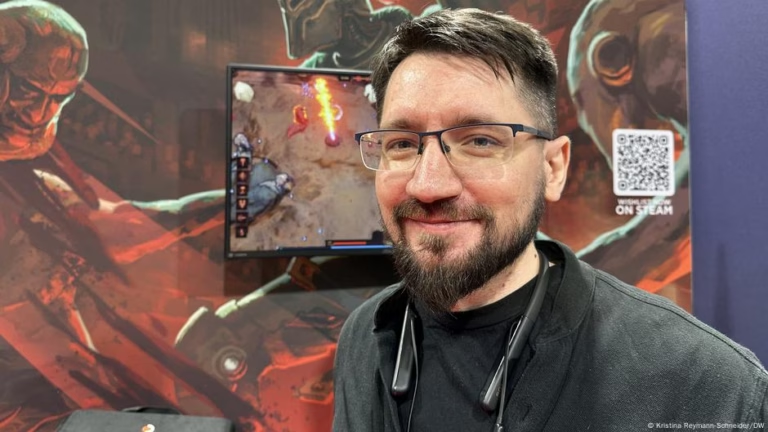Following Schlingensief’s performance, the director and his team seemed lost on the barren stage, with only one individual getting satisfaction from Wagnerian outcry: 79-year-old Pierre Boulez, a classical composer and conductor. Boulez relished in the unrest not directed at him but in line with his belief that creative endeavors should surprise, confuse, and even affront audiences.

Boulez deemed music the “architecture of the future”. Describing it as “innovative architecture” in a 2003 interview, he said, “Constant protest against the establishment isn’t fruitful, and I don’t like such unfruitfulness.”

Throughout his career, Boulez played a significant role in the contemporary new music movement – not only composing and conducting but also founding and leading institutions dedicated to it. A music critic described him as “a commander type for music lovers, composers, and performers.”
Boulez was born on March 26, 1925, in Montbrison, France. His family was relatively affluent, and he demonstrated aptitude in mathematics and analytical thinking from an early age, as well as a passion for music.

Boulez studied composition at the Paris Conservatory, where his teachers included musical greats such as Rene Leibowitz and Olivier Messiaen. However, he continued to pursue radical ideas in music and found them in post-war Germany. He soon established himself there, becoming a major figure in Germany’s classical music scene.
Boulez, initially a mathematics major, became a conductor for his own compositions before moving into conducting more widely, becoming one of the era’s most in-demand conductors.








